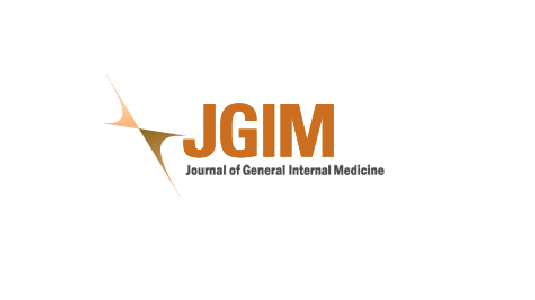NASHVILLE, Tenn. The responsibility for trust often lands on possible research participants, rather than researchers. Many frame discussions around lack of trust as something that needs to change among those participants. However, there is a definite need for researchers and research institutions to demonstrate they are, in fact, trustworthy.
What makes research trustworthy
In a recent paper published in the Journal of General Internal Medicine, Meharry-Vanderbilt Alliance (MVA) Executive Director Consuelo H. Wilkins, MD, MSCI and MVA Research Assistant Professor Sarah Stallings, PhD joined other researchers to describe how racially diverse research participants view what makes research trustworthy.
“We conducted seven focus groups that explored perceptions and determinants of research, trust, privacy, confidentiality and research participation,” the paper states. “We used a phenomenological thematic analytic approach to explore the determinants of trustworthiness to conduct medical research.”
They recruited African American, Latino and White adults in focus groups conducted at a community center serving the Latino community and at a health clinic that primarily serves the African American community.
In total, there were 57 participants.
Willingness to participate driven by perception
“In our effort to identify the factors that affect potential research participants’ perspectives on the trustworthiness of medical research, we found three themes,” the paper explains.
- Who is trustworthy to conduct medical research?
- What influences perceptions of trustworthiness in medical research?
- What institutions or settings are trustworthy to conduct medical research?
Their findings showed that one’s willingness to participate in research is driven in part by their perception of the research’s trustworthiness and information they receive about potential research opportunities. Researchers and research institutions must take action, the paper concludes, to demonstrate their trustworthiness to minorities in order to increase minority participation in research.
Click here to read the paper in its entirety.
About the Meharry-Vanderbilt Alliance
Founded in 1999, the Alliance bridges the institutions of Meharry Medical College and Vanderbilt University Medical Center. Its mission is to enrich learning and advance clinical research in three primary areas -- community engagement, interprofessional education and research -- by developing and supporting mutually beneficial partnerships between Meharry Medical College, Vanderbilt University Medical Center and the communities they serve. Through community engagement, the Alliance serves a large community of stakeholders including surrounding universities and colleges, community organizations, faith-based outlets and community health centers. Its interprofessional education enhances students' interdisciplinary understanding and improves patient outcomes through integrated care. The research conducted provides access to experienced grant writers and materials supporting the grant application process and facilitates grant-writing workshops.
